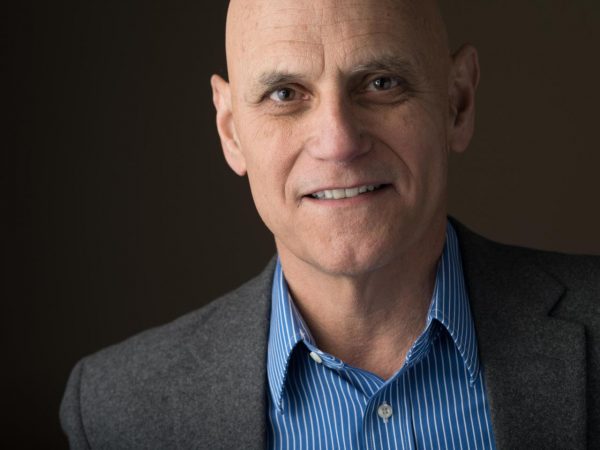Steven C. Hayes, Ph.D.
Foundation Professor in the Behavioral Analysis Program Department of Psychology, University of Nevada
Why Psychological Flexibility Matters to Clients, Practitioners, and to their Relationship
Psychological flexibility is comprised of a small set of processes (acceptance, defusion, flexible attention to the now, perspective taking, values, and committed action) that are known to relate to the development of psychopathology if they are absent or human prosperity if they are present. While psychological flexibility is best known as the model that guides Acceptance and Commitment Therapy (ACT), it is becoming increasingly apparent that flexibility processes are central to our understanding of a range of treatment methods. For example, psychological flexibility processes empower exposure methods, and help explain why they work. They help explain the impact of traditional CBT methods. They relate to clinicians’ willingness to use exposure and other evidence-based methods, and they help clinicians do their work with less burnout, stigmatization of recipients of care, and with a greater sense of personal accomplishment. Finally, these same processes foster empowering therapeutic relationships. This talk will describe psychological flexibility as a general model of behavioral development and change, and will show why it matters to target these processes for change both for clients and for the practitioners who serve them.
Upcoming Events
Year of the Monkey: An Evening with Patti Smith
Patti Smith
Writer, performer, and visual artist
Evanston Township High School Auditorium
Live streaming video of this event will be available, beginning at 7:00 PM, on the ETHS Wildkits YouTube Live Stream channel.
Special thanks to DJ Jeff Pazen for pre- and post-event music!

The Power of Human: How Our Shared Humanity Can Help Us Create a Better World
Adam Waytz, Ph.D.
Associate Professor of Management and Organizations at Northwestern University’s Kellogg School of Management.
North Shore Country Day School Auditorium
The Great Juggling Act: Balancing Life as a Parent
Julie Morgenstern
Time-management and productivity specialist, and author of Organizing from the Inside Out, Never Check Email in the Morning, SHED Your Stuff, Change Your Life, and the brand-new Time to Parent: Organizing Your Life to Bring Out the Best in Your Child and You
New Trier High School, Northfield Campus, Cornog Auditorium



